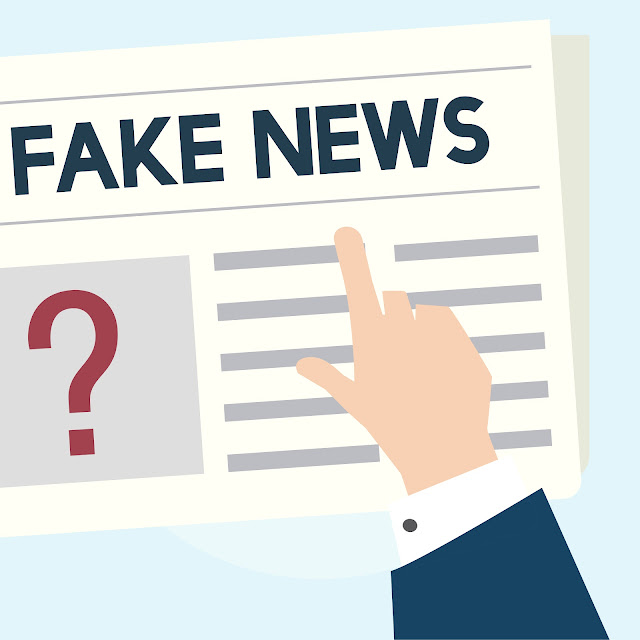Clickbait. Those internet sirens, luring us in with sensational headlines and dubious promises. We all know we shouldn't click, and yet, here we are, ten articles deep about a celebrity's "SHOCKING transformation" (spoiler alert: it's usually a new haircut). But why do we fall victim to these digital click traps? Let's dissect the anatomy of clickbait and explore the psychology behind our inevitable clicks.
The Clickbait Formula: A Recipe for Scrolling Doom
- The Curiosity Gap: Clickbait headlines dangle a question, a mystery, a juicy secret just out of reach. They tap into our innate curiosity, leaving us with no choice but to click and "find out." (Spoiler alert: the answer is usually underwhelming.)
- Emotional Manipulation: Fear, outrage, and the ever-present "FOMO" (fear of missing out) are clickbait's weapons of choice. Headlines scream about "shocking discoveries" and "life-changing secrets" that you simply must know about.
- The Visual Click: Let's face it, a grainy picture of a celebrity with a vaguely bewildered expression is irresistible clickbait bait. It piques our interest and fuels the "what-could-it-be?" fire.
Why We Can't Resist That Click:
- The Dopamine Dilemma: Clicking releases a tiny surge of dopamine, the brain's reward chemical. This creates a positive reinforcement loop, making us crave that click-induced satisfaction.
- The Fear of Missing Out: FOMO is a powerful force. Clickbait headlines prey on our fear of being left out of the loop, of missing that earth-shattering revelation about a celebrity's sock drawer (because apparently, that's a thing).
- Procrastination in Disguise: Sometimes, clicking on clickbait is just a fancy way of avoiding that looming work deadline or that mountain of laundry. It's a mental escape hatch, a temporary distraction from the less exciting realities of life.
Clickbait: Friend or Foe?
Clickbait isn't inherently evil. It can be entertaining, albeit in a low-brow kind of way. But the key is to be mindful. The next time you encounter a headline promising to "blow your mind," take a deep breath and ask yourself: "Is this really worth my time and a potential rabbit hole of disappointment?"
So, the next time you find yourself tempted by clickbait, remember: knowledge is power, and the power is in your hands (or rather, on your finger hovering over the mouse). Click wisely, my friends.

Comments
Post a Comment
All comments are moderated. Please be patient.